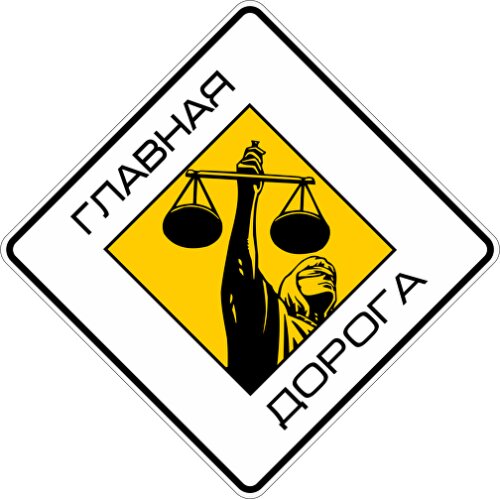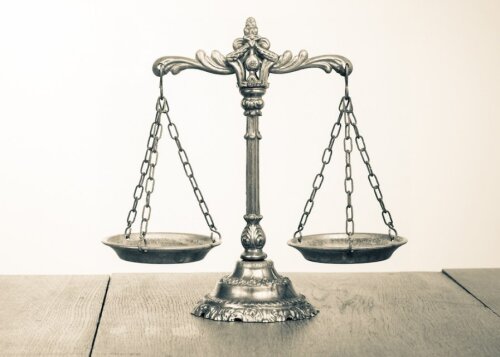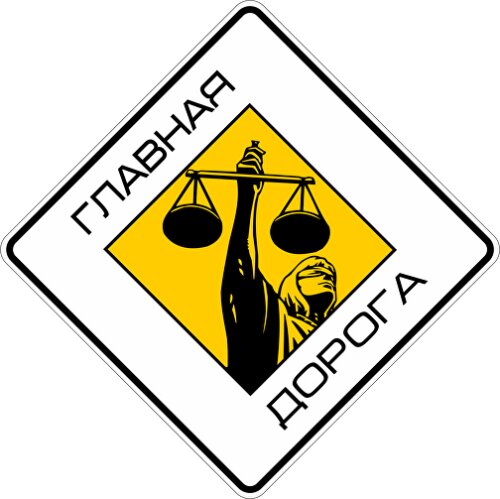Best Toxic Mold Lawyers in Russia
Share your needs with us, get contacted by law firms.
Free. Takes 2 min.
Or refine your search by selecting a city:
List of the best lawyers in Russia
About Toxic Mold Law in Russia
Toxic mold is a significant health concern in Russia, as it is in many other parts of the world. It refers to molds that produce mycotoxins, which can potentially cause health problems in humans. Addressing toxic mold issues involves understanding both environmental and legal aspects. Russia has environmental protection laws that may apply to toxic mold situations, focusing on public health and safety. These laws aim to ensure safe living environments in residential and commercial properties.
Why You May Need a Lawyer
There are several common situations where legal expertise might be necessary in addressing toxic mold issues:
- Landlord-Tenant Disputes: Tenants may require legal assistance when landlords fail to manage mold issues appropriately in rental properties.
- Property Damage Claims: Homeowners might need legal support to claim compensation for damages caused by mold, especially when associated with construction defects.
- Health-Related Claims: Individuals whose health has been adversely affected by toxic mold exposure may pursue legal action for medical expenses and suffering.
- Insurance Claims: Navigating insurance policies and claims related to toxic mold damage may require legal guidance.
Local Laws Overview
In Russia, laws relating to toxic mold are typically found within broader environmental legislation and property laws. Key aspects include:
- Health Regulations: The Russian Sanitary-Epidemiological Overwatch (Rospotrebnadzor) outlines health standards related to residential environments, which may encompass mold issues.
- Building Codes: Construction standards address moisture control and ventilation, essential in preventing mold growth. Builders and property developers might face penalties for non-compliance.
- Lease Agreements: Rental laws in Russia stipulate that properties must be maintained to a liveable standard, which includes preventing hazardous conditions such as toxic mold.
Frequently Asked Questions
What is toxic mold, and how does it affect health?
Toxic mold refers to molds that produce harmful substances called mycotoxins. Exposure can lead to respiratory problems, allergies, and other health issues.
What are my rights as a tenant in Russia when it comes to mold in my apartment?
Tenants have the right to a habitable living environment. Landlords must address mold issues promptly to maintain this standard. Legal action can be pursued if landlords neglect their duties.
Can I get compensation for health issues caused by toxic mold?
Yes, if you can prove that exposure to toxic mold in your home or workplace has caused health problems, you might be eligible for compensation.
What steps should I take if I discover mold in my rental property?
Immediately report the mold to your landlord in writing. Document the mold with photos and keep records of all communications. Seek legal advice if the landlord fails to act.
How does mold affect property value?
Significant mold problems can decrease a property's value, as potential buyers may be put off by the health risks and costs of remediation.
Does standard home insurance cover mold damage?
Coverage varies. Many policies exclude mold unless it results from a covered peril, such as water damage from a burst pipe. Review your policy or consult an expert.
What legal consequences can landlords face for ignoring mold problems?
Landlords can face fines and legal action if they do not remedy mold issues, as it breaches health and housing regulations.
Is there a statute of limitations for mold-related claims in Russia?
The statute of limitations may vary depending on the nature of the claim, but typically, claims should be filed as soon as possible after discovering the mold-related issue.
How can I prove that mold in my home is the cause of my health issues?
Medical documentation linking symptoms to mold exposure and environmental reports showing mold presence can support your case.
Are there certified professionals who can assess and remediate mold issues?
Yes, there are certified mold inspectors and remediators who follow industry standards to assess and address mold problems.
Additional Resources
Several resources can provide further assistance and information about toxic mold in Russia:
- Rospotrebnadzor: The federal body responsible for health and safety standards.
- Ministry of Construction, Housing and Utilities of the Russian Federation: Offers guidelines and regulations on building codes and standards.
- Local Health Departments: Can provide guidance and possibly investigate mold complaints.
- Environmental Consultants: Professionals who can conduct mold inspections and risk assessments.
Next Steps
If you require legal assistance with a toxic mold issue, consider the following steps:
- Document Everything: Keep detailed records of the mold, its effects, and any communications you have with landlords, builders, or insurers.
- Consult Legal Experts: Seek advice from a lawyer specializing in environmental or property law to understand your rights and options.
- Contact Relevant Authorities: Reach out to local health or environmental bodies if the issue remains unresolved.
- Explore Mediation: Before pursuing litigation, consider mediation as a less adversarial resolution method.
Lawzana helps you find the best lawyers and law firms in Russia through a curated and pre-screened list of qualified legal professionals. Our platform offers rankings and detailed profiles of attorneys and law firms, allowing you to compare based on practice areas, including Toxic Mold, experience, and client feedback.
Each profile includes a description of the firm's areas of practice, client reviews, team members and partners, year of establishment, spoken languages, office locations, contact information, social media presence, and any published articles or resources. Most firms on our platform speak English and are experienced in both local and international legal matters.
Get a quote from top-rated law firms in Russia — quickly, securely, and without unnecessary hassle.
Disclaimer:
The information provided on this page is for general informational purposes only and does not constitute legal advice. While we strive to ensure the accuracy and relevance of the content, legal information may change over time, and interpretations of the law can vary. You should always consult with a qualified legal professional for advice specific to your situation.
We disclaim all liability for actions taken or not taken based on the content of this page. If you believe any information is incorrect or outdated, please contact us, and we will review and update it where appropriate.
Browse toxic mold law firms by city in Russia
Refine your search by selecting a city.













